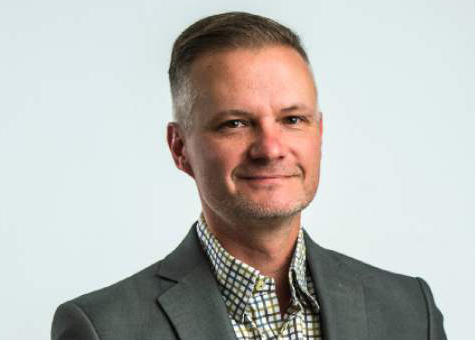This is an archived article that was published on sltrib.com in 2017, and information in the article may be outdated. It is provided only for personal research purposes and may not be reprinted.
Revenge — The Big Payback, as James Brown called it — is a bit of a sport at Utah's Capitol, as Salt Lake County Mayor Ben McAdams is discovering.
McAdams, you will remember, was the most outspoken opponent to a plan to give away $240 million in tax dollars to Facebook, one of the richest companies on the planet, to create up to 120 jobs at a data center on some West Jordan farmland.
His opposition to the giveaway, as well as that of the Salt Lake County Council and the State School Board, ultimately led to Facebook choosing to build in New Mexico, and left behind some bitter feelings among a handful of legislators who were swooning over the project.
Now they are looking to get back at McAdams, but really hurting Utah's poor and homeless population in the process.
One of McAdams' primary objections to the Facebook proposal was that West Jordan went to great lengths to create a massive special taxing area hours before implementation of a bill passed last session by the Legislature.
The law now in place requires those special tax breaks to come with a 10 percent set-aside to be dedicated to developing affordable housing. If West Jordan hadn't beaten the deadline, for example, it would have meant in the neighborhood of $30 million for affordable housing.
McAdams and the county pushed the Legislature hard to create the earmark, an attempt to address a critical shortage in affordable housing in the county that has greatly exacerbated Salt Lake City's homeless problem.
Now, less than a year after the affordable housing provision took effect, West Jordan Republican Rep. Kim Coleman, a big proponent of the Facebook deal, is trying to strip the affordable housing provision out of the law.
Coleman is the sponsor of the bill and her district includes the area where the Facebook site would have been located.
Even as the Facebook project was still being wooed by West Jordan, there was already talk among some legislators that McAdams would regret his move to oppose the site, in particular the noise he made about the affordable-housing component.
Well, that may be the case.
But keep in mind who will really suffer if this bill passes. Currently there is a need for an estimated 43,000 units of affordable housing in the state. The lack of affordable housing creates upward pressure on the prices of other apartments and forces low-income Utahns out of their homes and onto the streets.
As Salt Lake County and the state are on the same page that building up new affordable housing inventory will be a key component of addressing the state's homelessness epidemic and enabling the city to survive with smaller shelters and fewer beds.
Stripping the affordable housing set-aside could ultimately divert millions of dollars from homelessness efforts, hurting Utah's poor and leaving more Utahns on the streets.
Small price for The Big Payback.
Twitter: @RobertGehrke





